
The Divided Mind and the Quest for Meaning Series
Part 1: The Meta-Modern Condition |
Part 2: The Clinical Reality
The Meta-Modern Mind: Navigating Truth in the Age of “Foam”
We are living through a crisis of meaning. It is not merely a political divide or a technological disruption; it is a fundamental fracturing of how we perceive reality. As we transition from the irony of Postmodernism into the sincerity-oscillating era of Metamodernism, the human mind struggles to reconcile the biological need for tribal belonging with the digital reality of infinite fragmentation.
- The Meta-Modern Shift: We have moved beyond Postmodern cynicism into a state that oscillates between hope and skepticism, creating cognitive instability.
- Sloterdijk’s Foam Theory: Society is no longer a single “sphere” but a collection of isolated “bubbles” (foams), explaining the rise of echo chambers.
- The Conspiracy Mechanism: Conspiracy theories act as an “immunological response” to complexity, offering artificial order in a chaotic system.
- The Post-Secular Sacred: The path forward involves integrating scientific empiricism with a renewed, non-dogmatic spirituality (David Tacey).
1. The Architecture of Isolation: Peter Sloterdijk’s “Foam”
To understand why modern discourse feels so fractured, we must look beyond standard political analysis to the spatial philosophy of Peter Sloterdijk. In his magnum opus, Spheres III: Foams, Sloterdijk dismantles the ancient idea that humanity lives within a single, shared “monosphere” (like the medieval concept of God’s creation under one sky).
Instead, Sloterdijk argues we have transitioned into “Foam.”
Imagine a mass of soap bubbles. Each bubble acts as a “microsphere”—a self-contained world with its own climate, truths, and atmosphere. In this structure:
- Co-Isolation: We are packed tightly together (physically or digitally) yet separated by the thin, fragile walls of our own perceptions.
- Fragility: When one bubble bursts (an economic crash, a viral pandemic), it destabilizes the neighbors, yet we lack a shared “center” to hold onto.
- Atmotechnics: We now spend our energy maintaining the “air conditioning” of our own bubbles—curating our feeds, blocking dissent, and managing our anxiety—rather than engaging with the shared world.
This “foam architecture” is the perfect breeding ground for the Meta-Modern mind, which yearns for connection but finds itself trapped in a customized reality tunnel.
2. The Neuroscience of Conspiracies: A Search for Pattern in Chaos
In this landscape of “foam,” where objective truth is obscured by the walls of our microspheres, the mind becomes vulnerable to apophenia—the human tendency to perceive meaningful patterns within random data. This is where the modern proliferation of conspiracy theories takes root.
Psychologically, conspiracy theories serve a homeostatic function. As traditional sources of authority (religion, government, journalism) erode, the brain’s amygdala (threat detection center) goes into overdrive. A conspiracy theory offers a sedative to this anxiety by promising three things:
- Simplicity: It reduces complex systemic failures to the actions of a few “evil actors.”
- Agency: It suggests that someone is in control, even if that someone is malevolent. The idea that “no one is driving the bus” is often more terrifying than the idea of a villainous driver.
- Gnosis (Secret Knowledge): It provides the believer with a sense of superiority and belonging to an “inner circle” of truth-seekers.
“Conspiracy theories are the poor person’s sociology. They are an attempt to map a world that has become too complex for the individual nervous system to process.”
3. From Postmodernism to Metamodernism
Cultural theorists Timotheus Vermeulen and Robin van den Akker define our current era not as Postmodernism (which was characterized by deconstruction, irony, and “The End of History”), but as Metamodernism.
The Metamodern structure of feeling is characterized by an oscillation—a swinging back and forth between distinct poles:
- Between Irony and Sincerity.
- Between Naivety and Knowingness.
- Between Relativism and Truth.
While Postmodernism said, “Nothing matters,” Metamodernism says, “It matters, but I don’t know how to believe in it yet.” This oscillation creates a unique psychic strain. We want to save the world (sincerity), but we meme about its destruction (irony). This internal division mirrors the neurological division of the brain hemispheres, a conflict between the holistic and the analytical.
4. The Post-Secular Horizon
How do we stabilize the mind in an age of foam and oscillation? Australian scholar David Tacey suggests we are entering a “Post-Secular” epoch. This is not a return to pre-modern religious dogma, nor is it a continuation of dry, materialist atheism.
The Post-Secular approach acknowledges that the “God-shaped hole” in the human psyche cannot be filled by technology or consumerism. It seeks to reintegrate the mythological (the language of the right hemisphere) with the empirical (the language of the left hemisphere). It validates spiritual experience as a psychological reality without necessarily demanding literal belief in supernatural intervention.
Navigating the Future
To survive the digital foam, we must cultivate what might be called “Epistemic Humility.” We must recognize the walls of our own bubbles. The path forward requires us to tolerate the anxiety of not knowing, to resist the seductive clarity of conspiracy, and to engage in the difficult work of dialogue across the membranes that separate us.
References & Further Reading
- Sloterdijk, P. (2016). Spheres Volume III: Foams, Plural Spherology. Semiotext(e).
- Vermeulen, T., & van den Akker, R. (2010). “Notes on Metamodernism.” Journal of Aesthetics & Culture.
- Tacey, D. (2004). The Spirituality Revolution: The Emergence of Contemporary Spirituality. Routledge.
- Shermer, M. (2011). The Believing Brain: From Ghosts and Gods to Politics and Conspiracies. Times Books.
Continue the Journey
How does this cultural fragmentation manifest in your own psychology? Read the clinical analysis of the “Divided Brain” and the “Wise Mind” in Part 2.
/group-shadow-work-exercise/”>Free Shadow Work Group Exercise

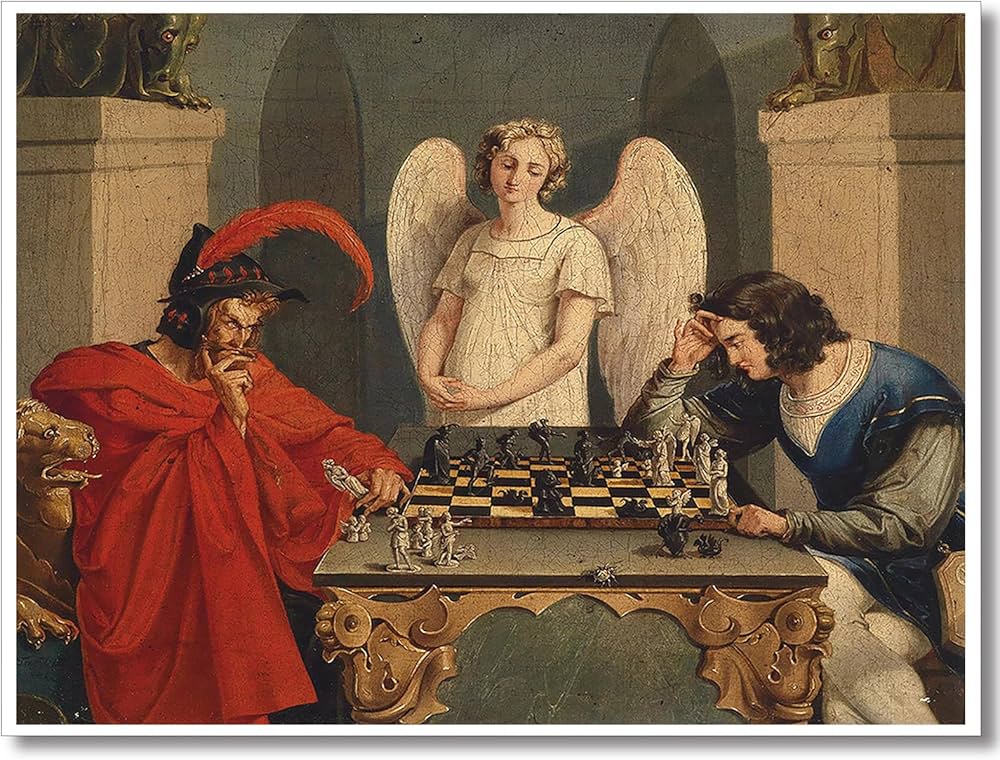
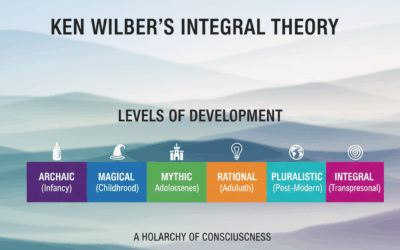
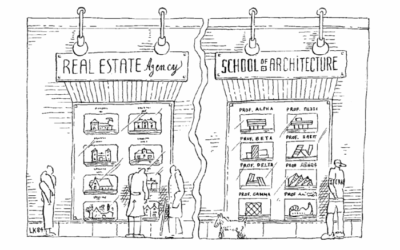

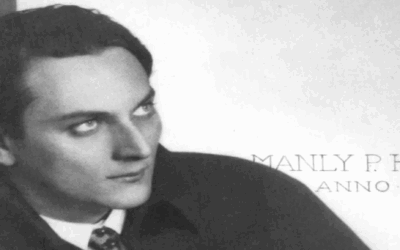





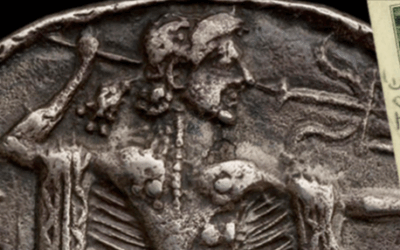
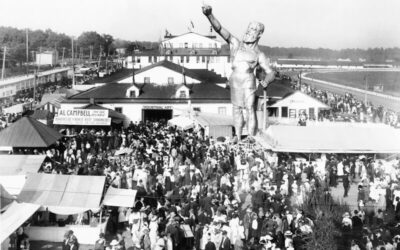


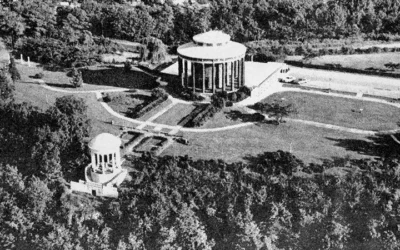




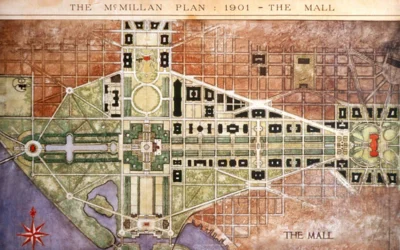


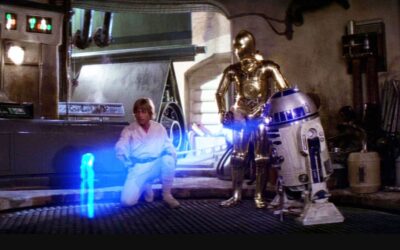


0 Comments